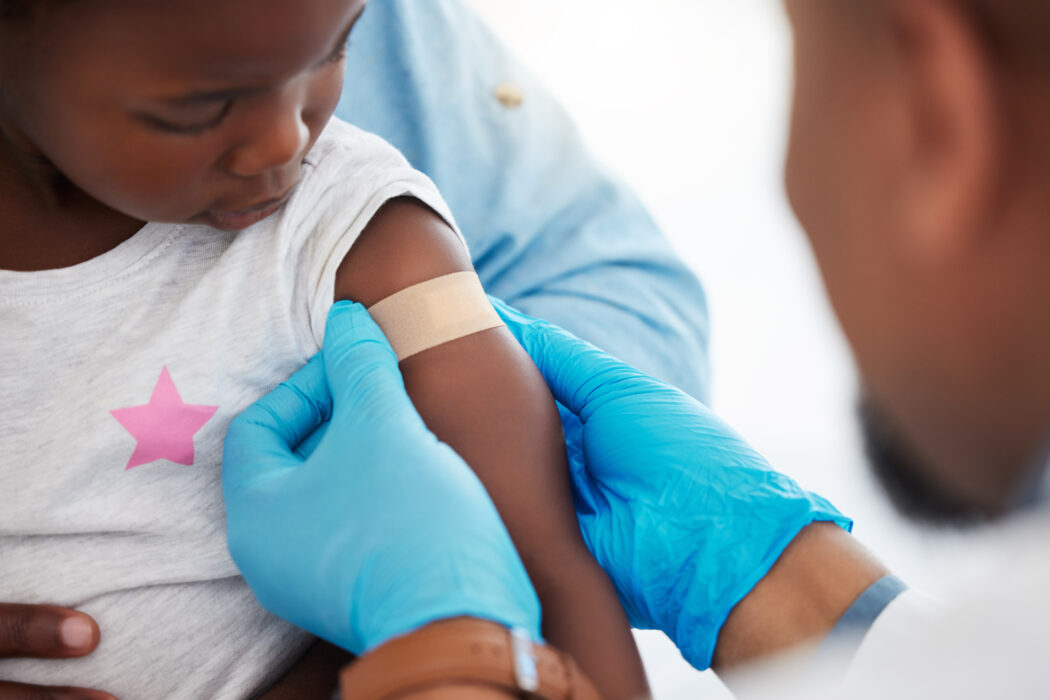
DC Vaccine Alliance
The DC Vaccine Alliance, funded by DC Health, builds and sustains a coalition of immunization stakeholders dedicated to promoting vaccination across the District.
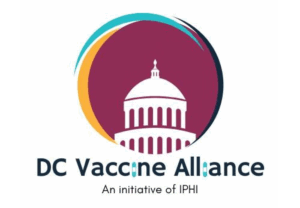 The Institute for Public Health Innovation (IPHI) leads the DC Vaccine Alliance through a grant from DC Health. The coalition increases immunization rates and reduces vaccine-preventable diseases in Washington, DC. We bring stakeholders from diverse sectors together to educate healthcare providers and the community about vaccine best practices.
The Institute for Public Health Innovation (IPHI) leads the DC Vaccine Alliance through a grant from DC Health. The coalition increases immunization rates and reduces vaccine-preventable diseases in Washington, DC. We bring stakeholders from diverse sectors together to educate healthcare providers and the community about vaccine best practices.
DC Vaccine Alliance priorities include:
- Understanding attitudes and perceptions around immunizations and awareness of school vaccination requirements
- Strengthening partnerships among immunization advocates to align messaging and outreach efforts
- Addressing barriers to vaccination and supporting providers in achieving recommended immunization coverage
- Enhancing access to accurate and up-to-date vaccine information through digital resources and community engagement
The Alliance serves as a central hub for immunization initiatives, collaborating with key stakeholders to improve vaccine uptake across all populations.
As a member, you engage through our three committees:
- Community Outreach – Builds public awareness and drives education efforts
- Advocacy – Strengthens policies that support vaccination efforts
- Provider Education – Enhances vaccination services and fosters provider collaboration
If you’re interested in learning more or participating, contact us below or follow us social media:
To learn more about the DC Vaccine Alliance and how you can contribute to this important initiative, please contact us at [email protected].
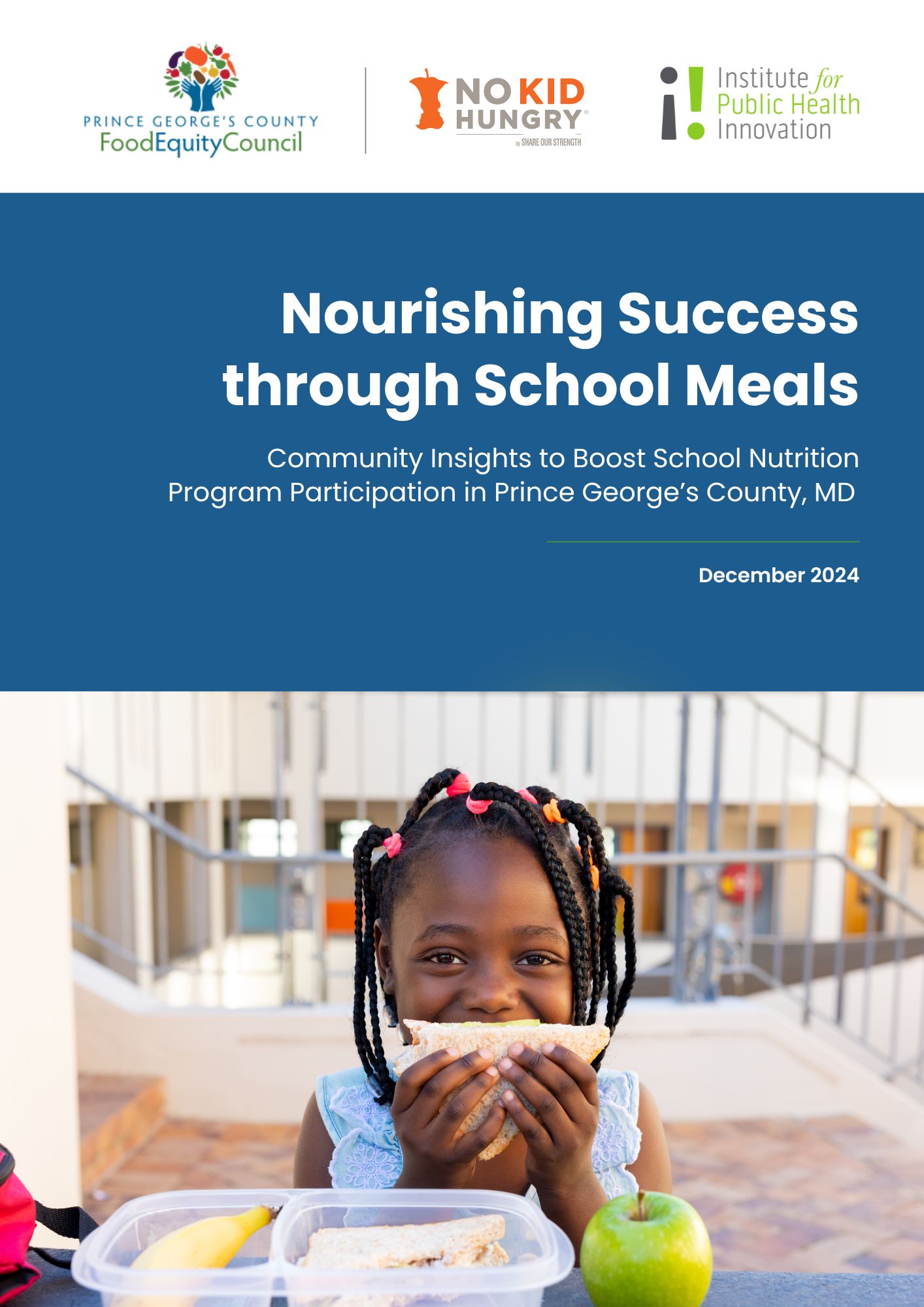


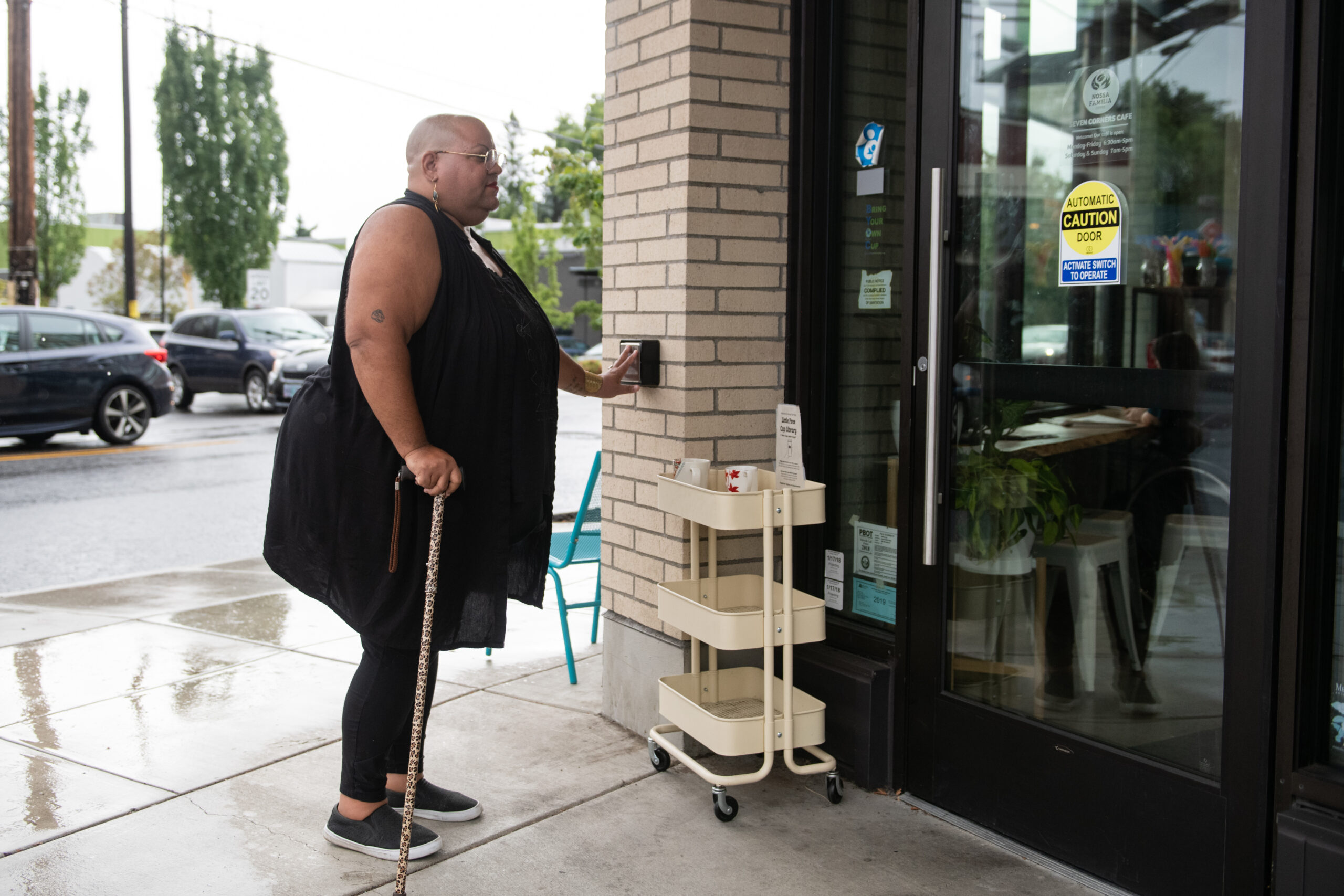
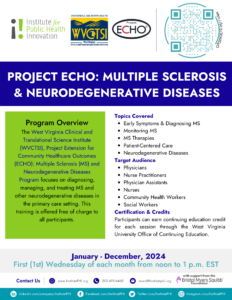
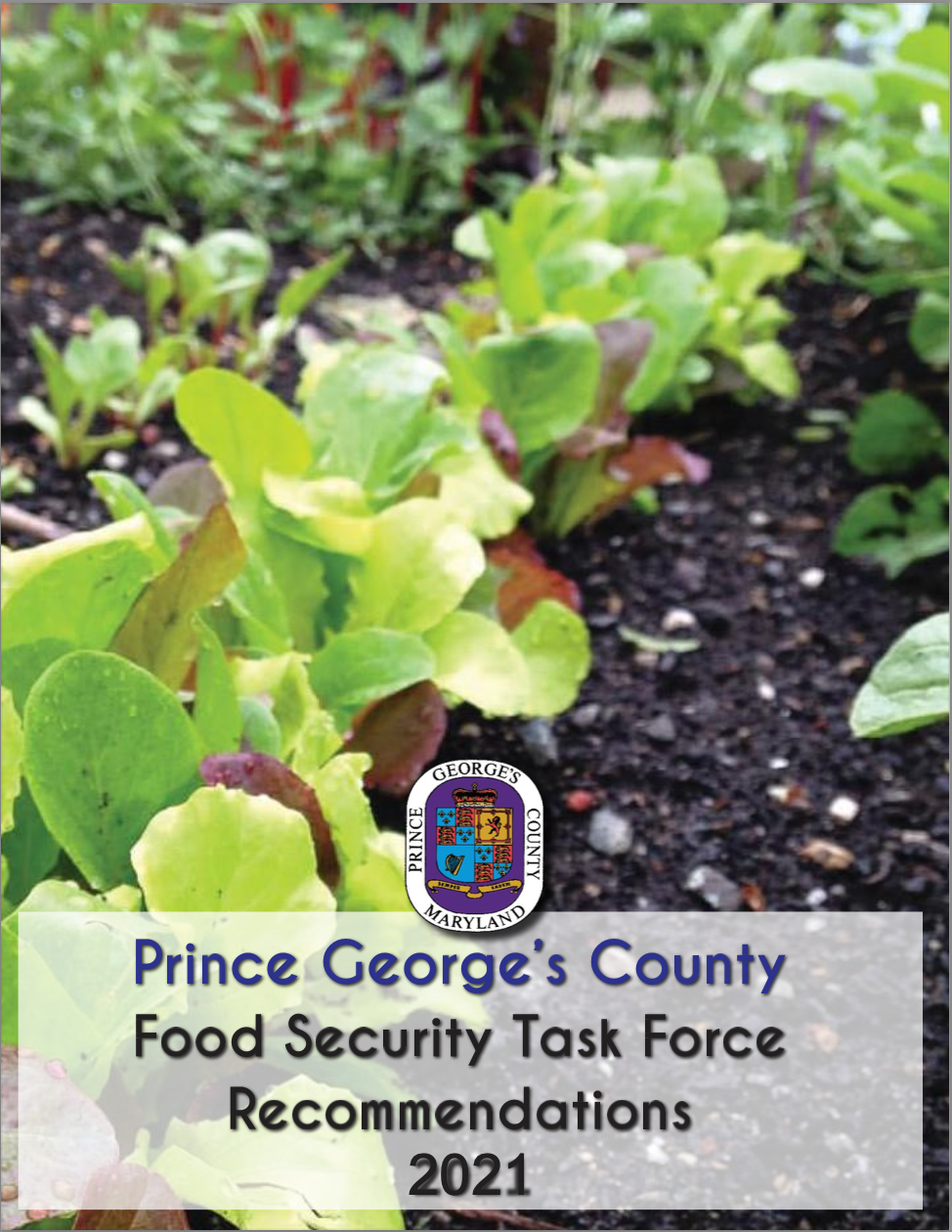

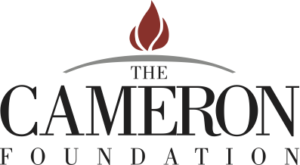

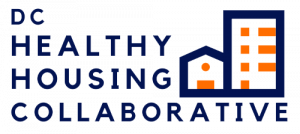 The DC Healthy Housing Collaborative (DCHHC) is a coalition of various organizations working together to improve the health of the District of Columbia (DC) residents by making sure their homes are safe and free of harmful exposures such as pests, mold, and lead.
The DC Healthy Housing Collaborative (DCHHC) is a coalition of various organizations working together to improve the health of the District of Columbia (DC) residents by making sure their homes are safe and free of harmful exposures such as pests, mold, and lead.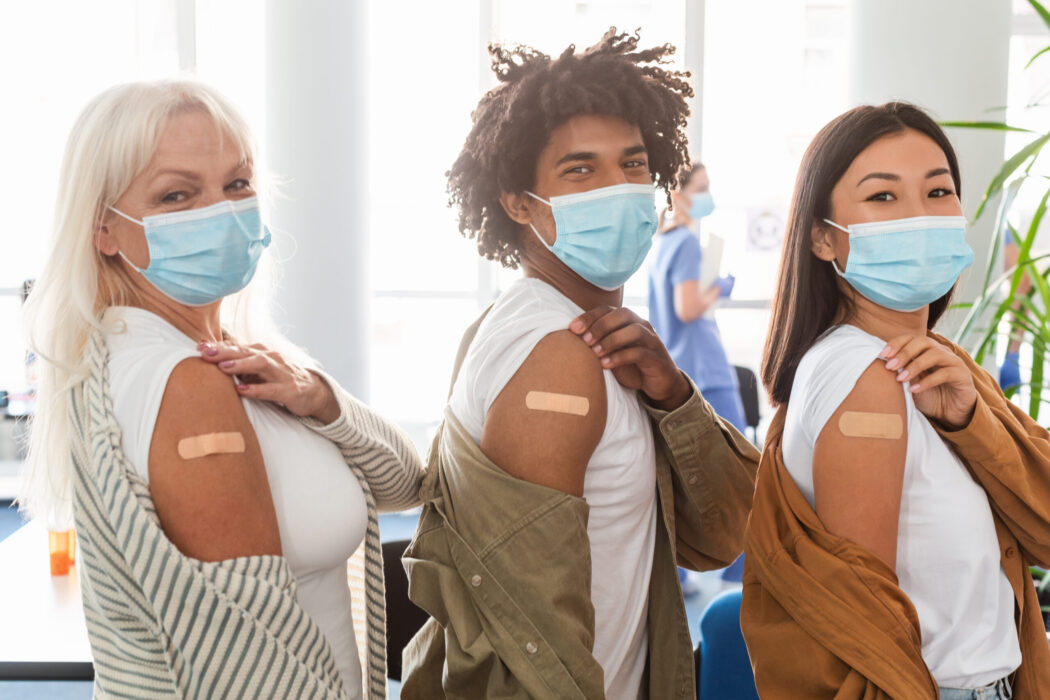
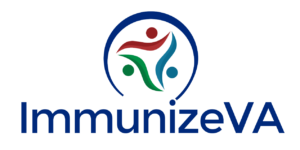

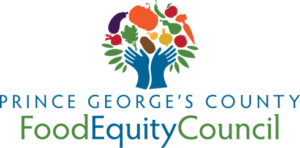 The FEC is a group of hometown leaders and changemakers committed to bringing better food to every fork. Since 2013, the FEC has been a voice for county residents at the policymaking table. FEC members work with county leaders to find permanent solutions to improve the food system. The FEC focuses on systematic and sustainable changes to Prince George’s public health challenges (i.e. hunger, obesity, and areas of the county that lack healthy food options) by advocating for policies that create a more equitable local food system.
The FEC is a group of hometown leaders and changemakers committed to bringing better food to every fork. Since 2013, the FEC has been a voice for county residents at the policymaking table. FEC members work with county leaders to find permanent solutions to improve the food system. The FEC focuses on systematic and sustainable changes to Prince George’s public health challenges (i.e. hunger, obesity, and areas of the county that lack healthy food options) by advocating for policies that create a more equitable local food system.